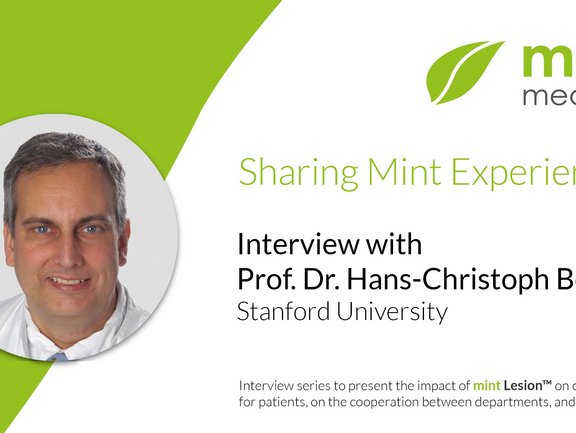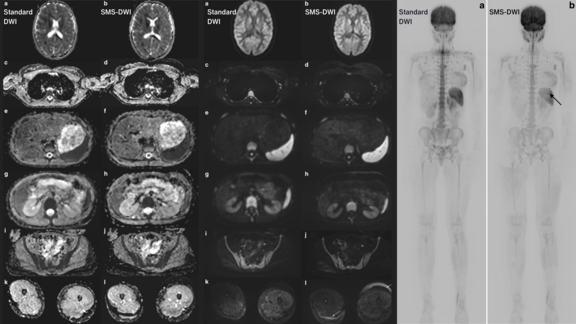Prof. Dr. Hans-Christoph Becker from Stanford University, a long-standing user of mint Lesion™, shares his experience of using the software in this brief interview. He talks about the reaction he received when sharing the mint report for the first time, how patients benefit from the longitudinal overview of disease, and his plans to use the structured data for AI research.
Click here or on the image above to watch the full video on YouTube.


